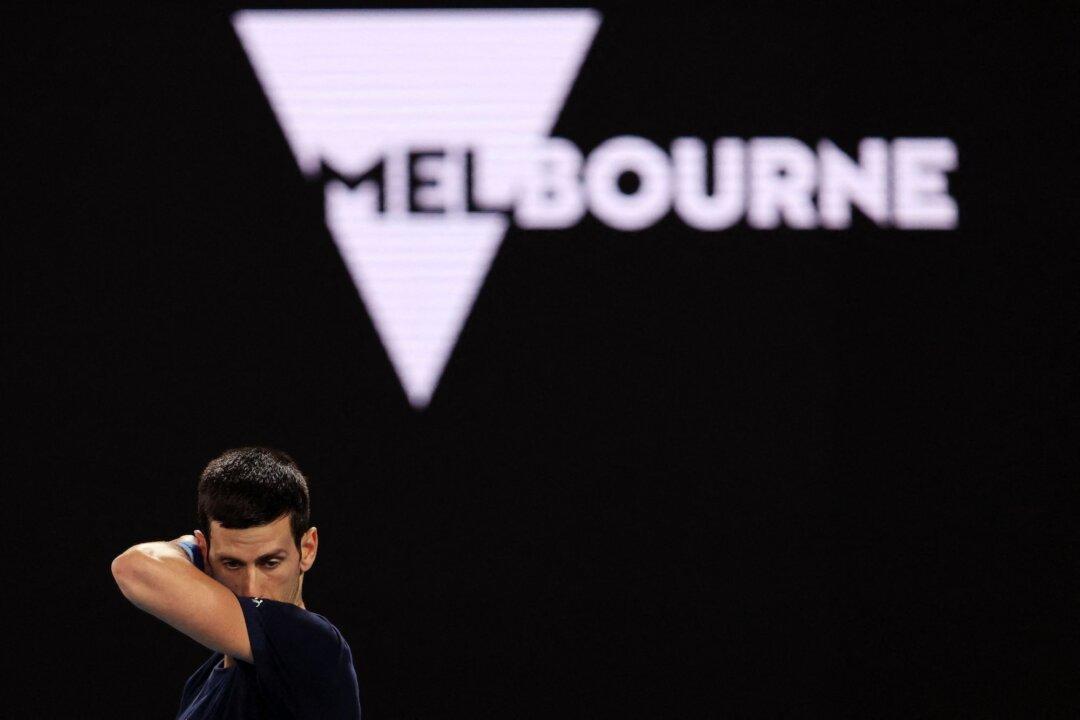The Australian Immigration Minister, Alex Hawke, in a much-anticipated decision, cancelled Novak Djokovic’s visa on Friday, January 14, 2022, a few minutes before 6 p.m. The Minister stated that he exercised his power “under section 133C (3) of the Migration Act to cancel the visa … on health and good order grounds, on the basis that it was in the public interest to do so.”
The Minister’s decision sent ripples through the international media and triggered Djokovic’s urgent request to be granted an injunction to prevent his deportation, enabling him to play in the Australian Open.





